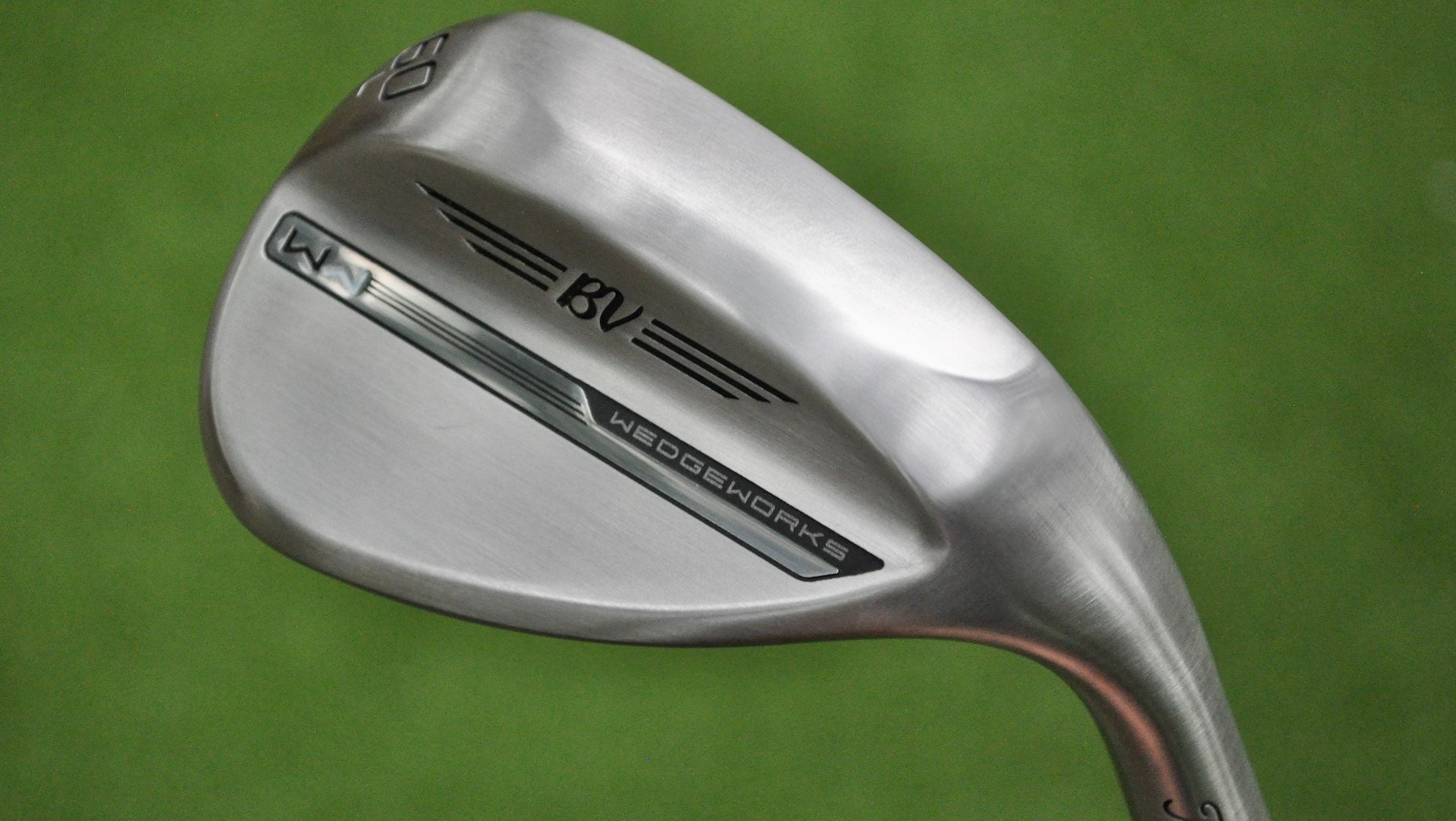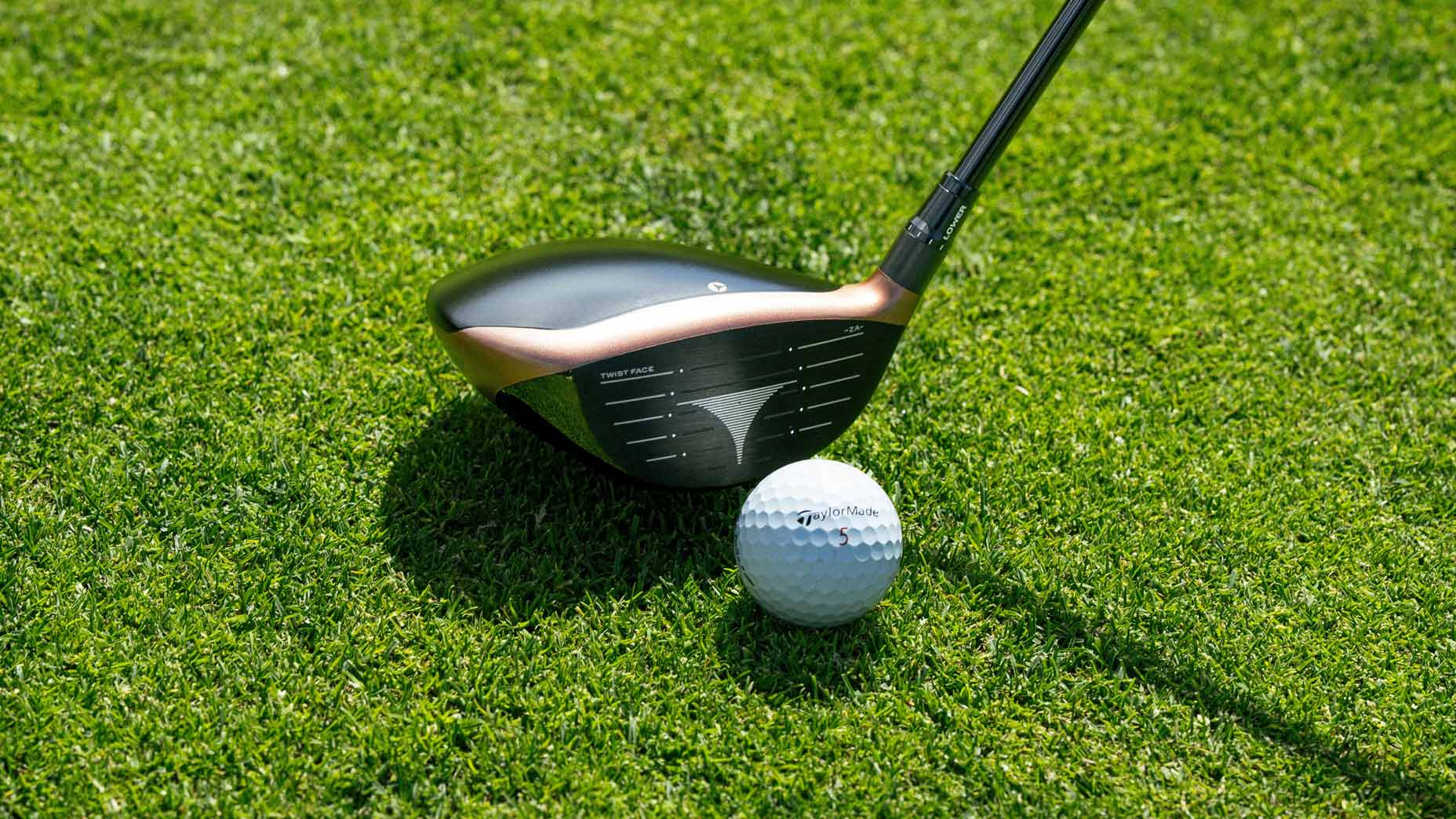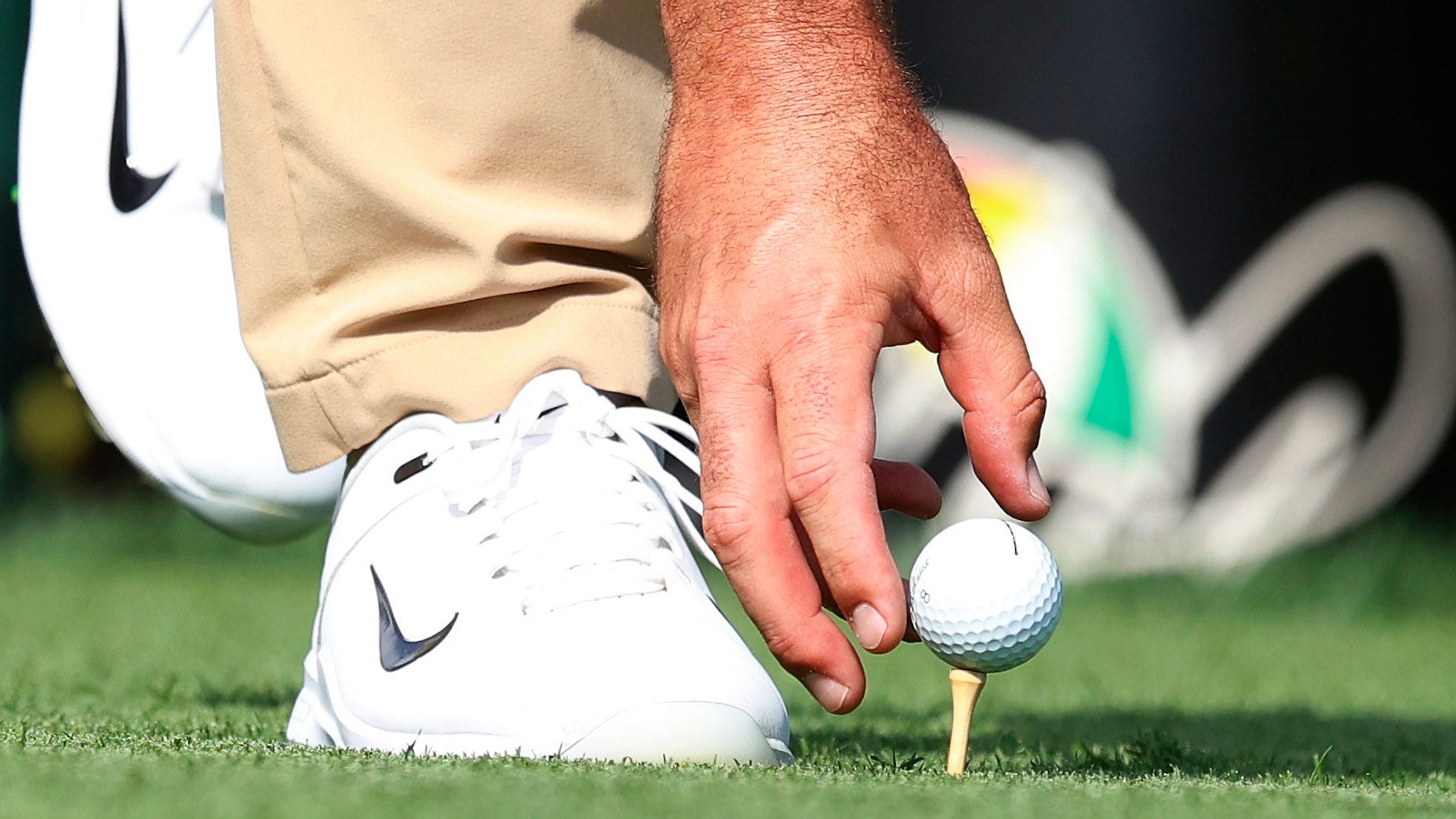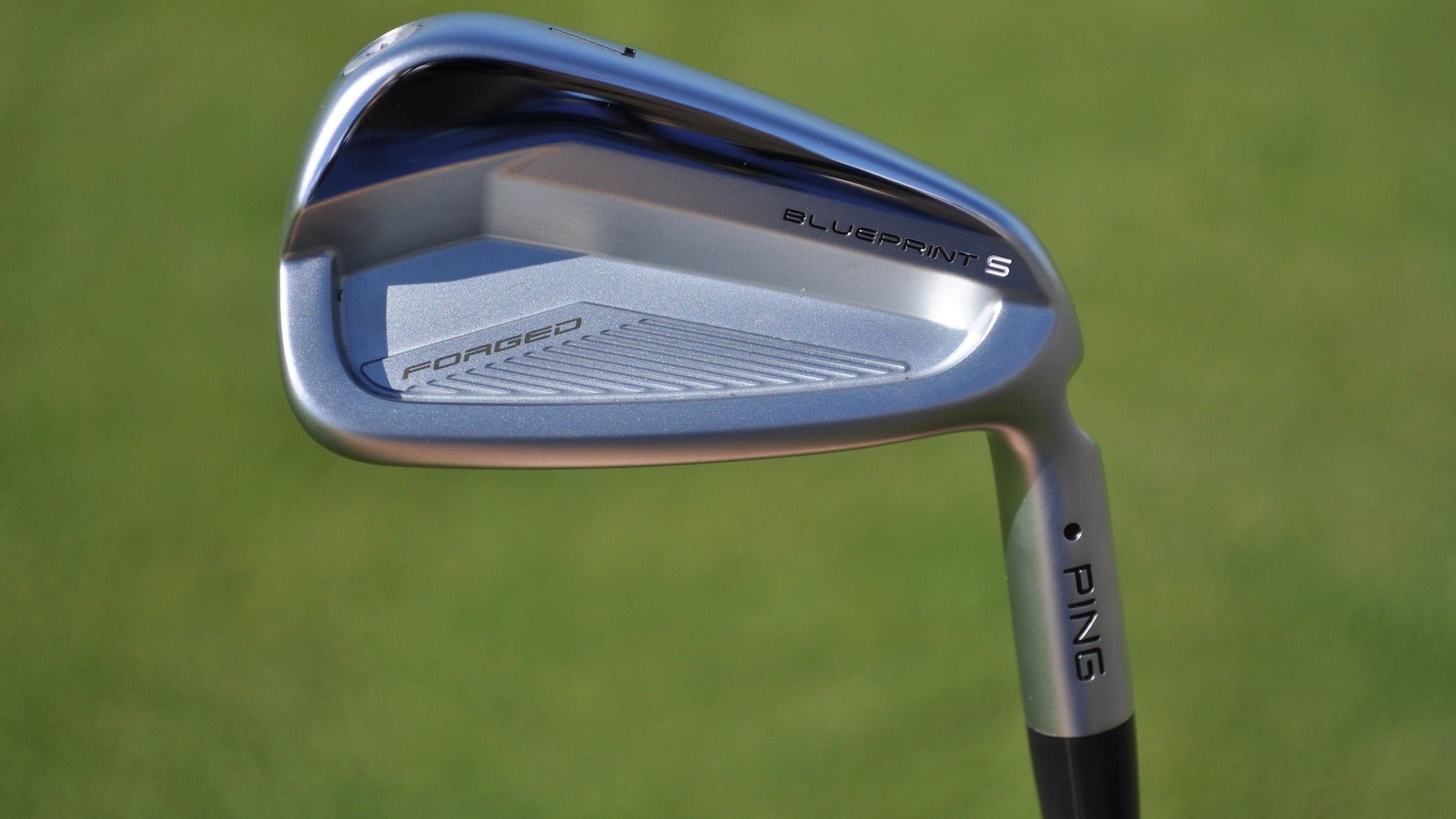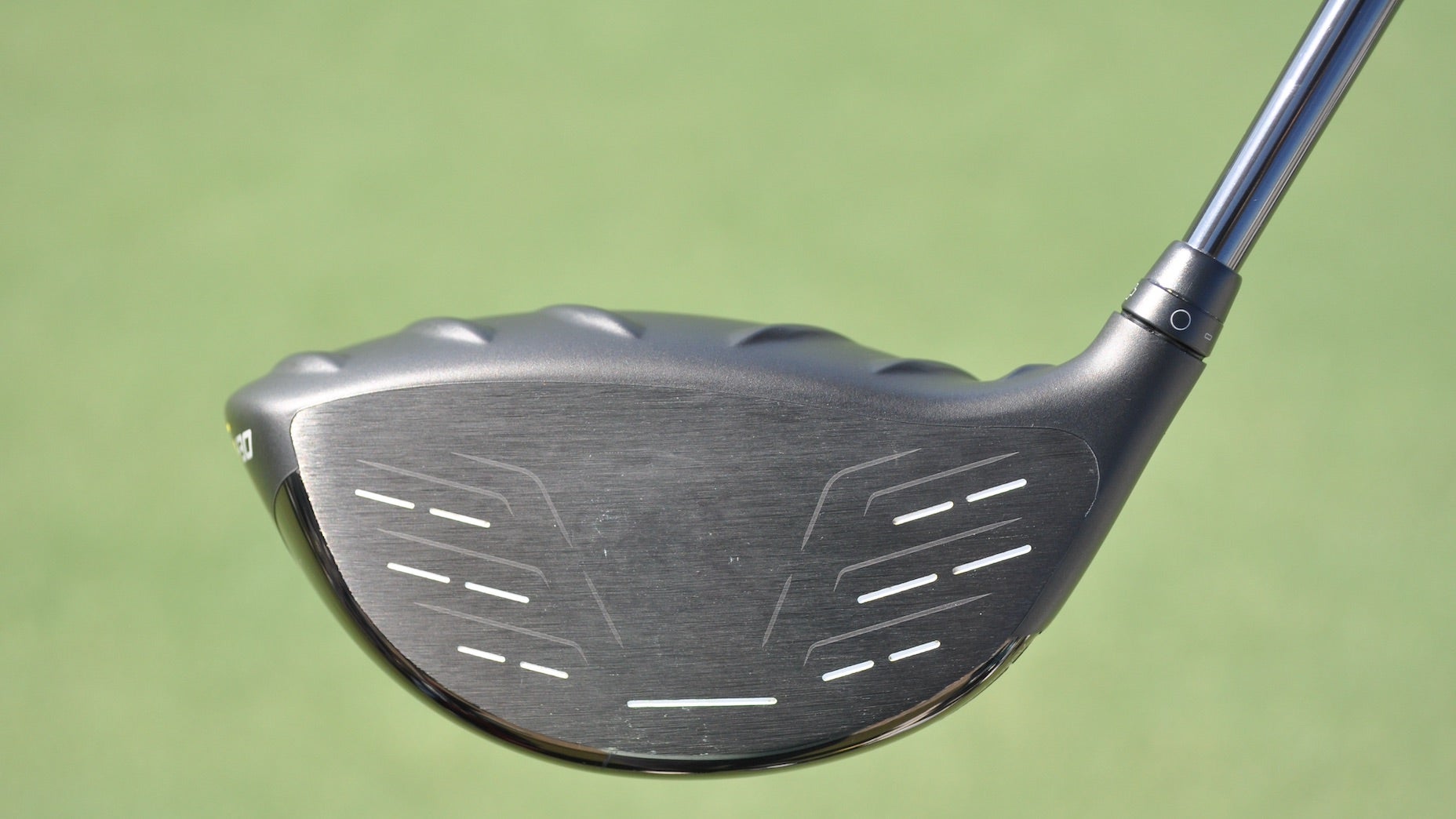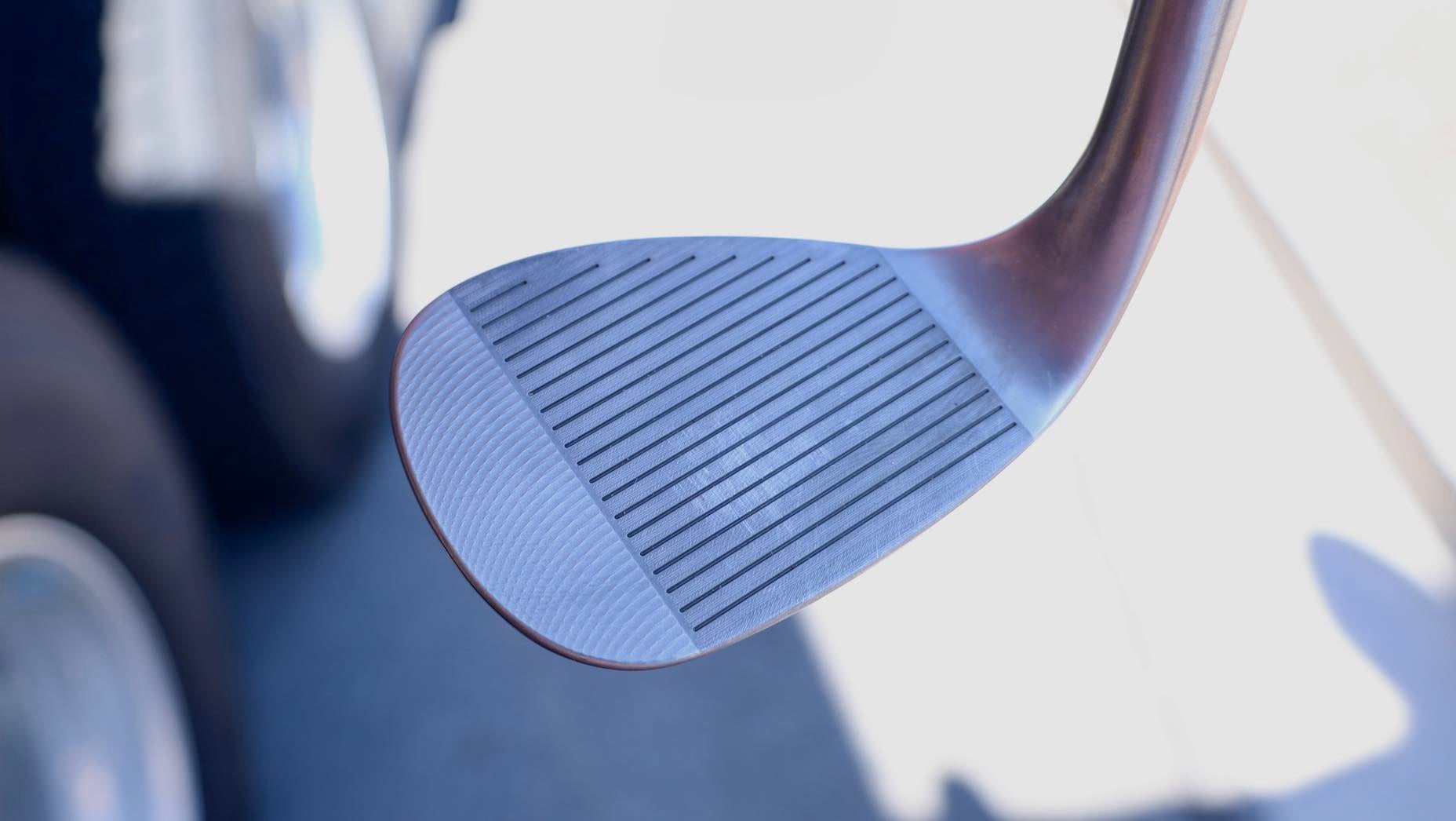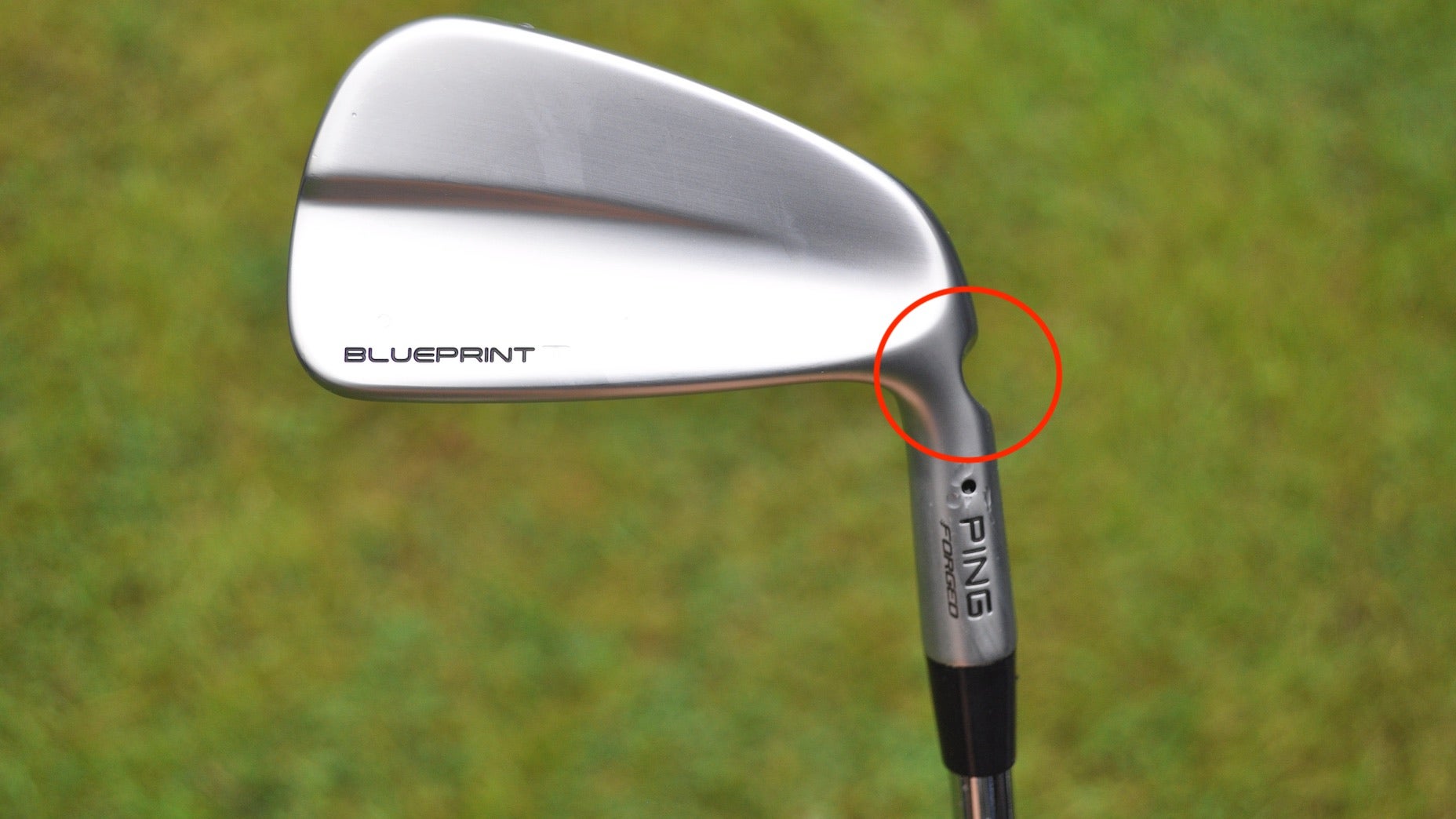Welcome to another edition of the Fully Equipped Mailbag, sponsored by Cleveland/Srixon Golf, an interactive GOLF.com series in which we field your hard-hitting gear questions.
Can someone tell me the right way to hit a hybrid? I’ve heard conflicting advice and have yet to figure it out. – Tom W., Oregon
I feel your pain, Tom. Hitting a hybrid is generally much easier than hitting a long iron, but if you’re doing it wrong it can be extremely frustrating. And you’re right, there’s some mixed messaging going on out there.
Lucky for you, we’re here to lend a hand.
But before we spill the tea on how to do it the right way, let’s look at some of the characteristics of how hybrids are designed. Hybrids have hollow-body configurations, most of which have a center of gravity placed low in the clubhead for a higher MOI. In other words, high launch and plenty of forgiveness.
Typical hybrid models also have wide soles to prevent excessive digging — a mistake that’s easy to make when hitting a long iron. Also, sometimes you’ll also find rail technology that improves turf interaction, making it easier to handle uneven lies. It’s worth noting that hybrids differ from utility or driving irons due to their shape — hybrids look more like compact woods and utility irons usually look more like irons.
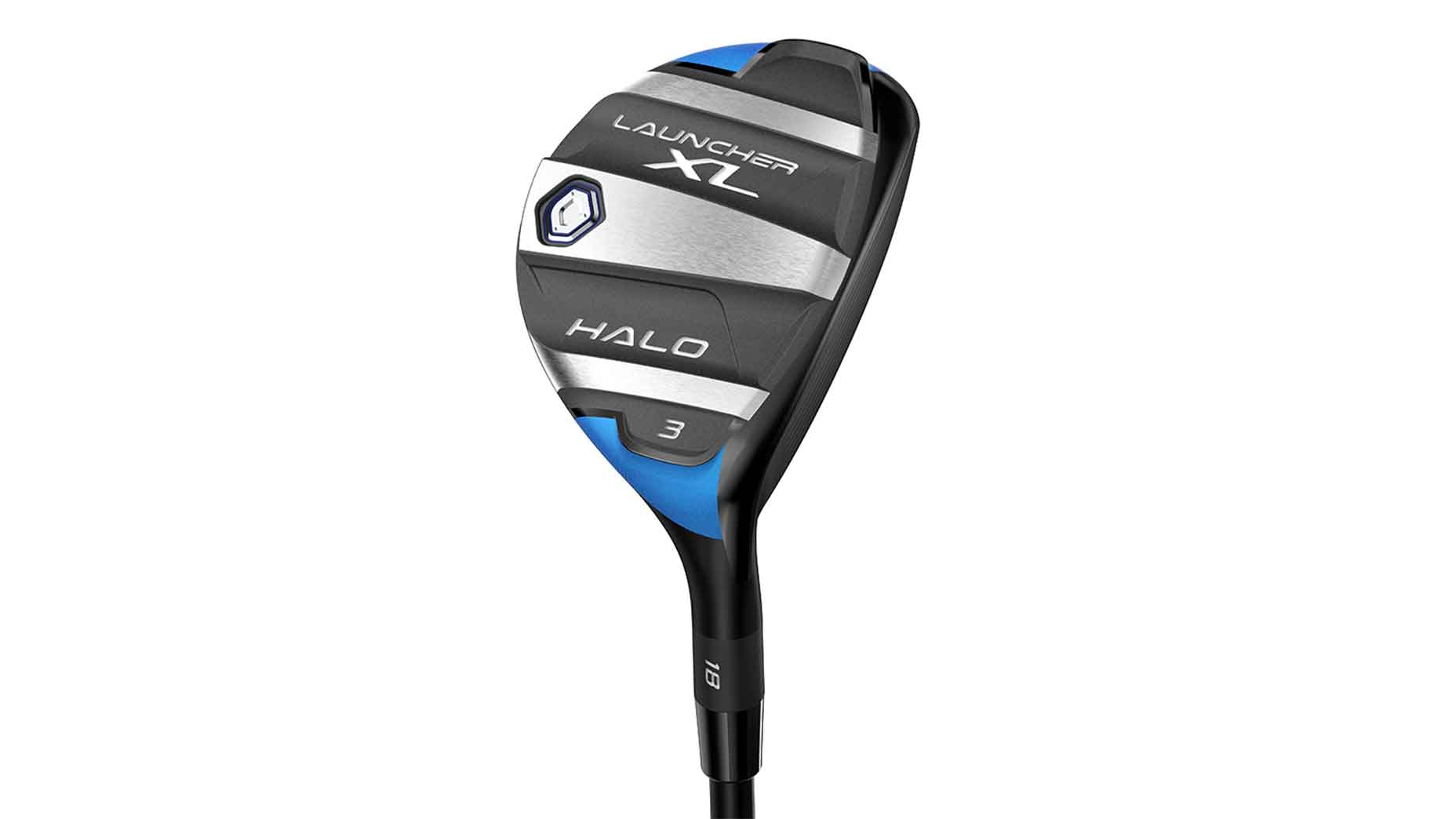
Cleveland Launcher XL Halo hybrids
Different equipment manufacturers tend to do things their own way when it comes to internal weighting — some place mass low and forward for a penetrating launch, others place it back for added spin and a higher trajectory. Some hybrid heads have large profiles that are very wood-like, but with more vertical skirt sections and squared edges. Some models have shallow faces, some are deep. You’re probably getting the idea — there’s a big variety out there and there’s no right or wrong answer regarding which model is right for you. It comes down to forgiveness, distance and versatility, in whatever combination of all three traits you’re looking for.
Why am I telling you this? Because how a hybrid is designed has a lot to do with how they’re meant to be played. And once you know how to wield a hybrid correctly, they’re fantastically easy to hit. So, here’s the deal. You want to hit your hybrid with a descending blow — not an ascending or level one like you probably would with a driver, fairway wood or even a long iron.
Hybrids are made to get dirty, so think of your hybrid like you would a middle iron and swing down and through the golf ball, not up at it. The design of the hybrid clubhead will prevent excessive digging, and the loft and CG placement configuration will do its job to launch the ball into the air. It’s ok if you make a shallow divot — just make sure it’s after contact with the ball and not before it. Lastly, it might help if you play the hands a little more forward than you’re used to to ensure you hit down on it.
The bigger the head the shallower the path, but even still, it’s recommended you have a descending angle into the golf ball. Also, make sure you’re choosing the right model. If you’re picking up a hybrid to replace a 3-iron, typically you’d want a loft somewhere in the 20- or 21-degree range, and work your way up in 2-degree increments if you want to replace your 4-iron, 5-iron and so forth. Lower-lofted hybrids (in the 14-18 degree range) tend to be considered as fairway wood replacements.
Hybrids are remarkably versatile and have been known as miracle makers in the bags of not just weekend warriors but touring professionals as well. Just remember to hit down on ‘em and you’ll start reaping the rewards.
Want to overhaul your bag for 2022? Find a fitting location near you at GOLF’s affiliate company True Spec Golf. For more on the latest gear news and information, check out our latest Fully Equipped podcast below.


